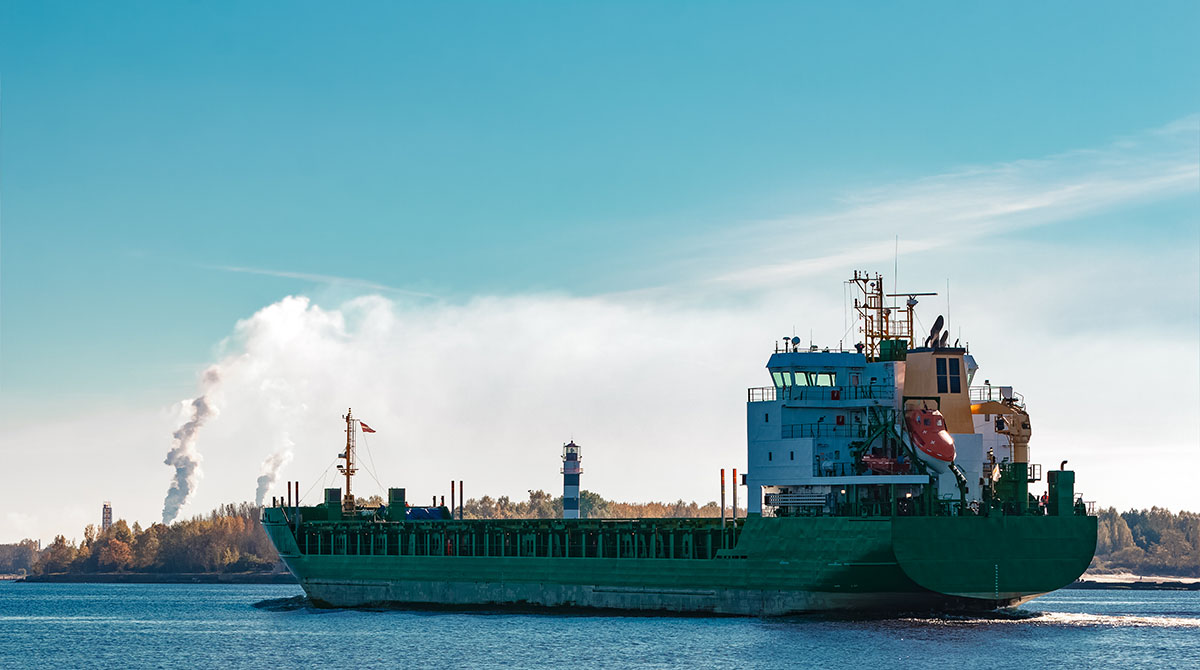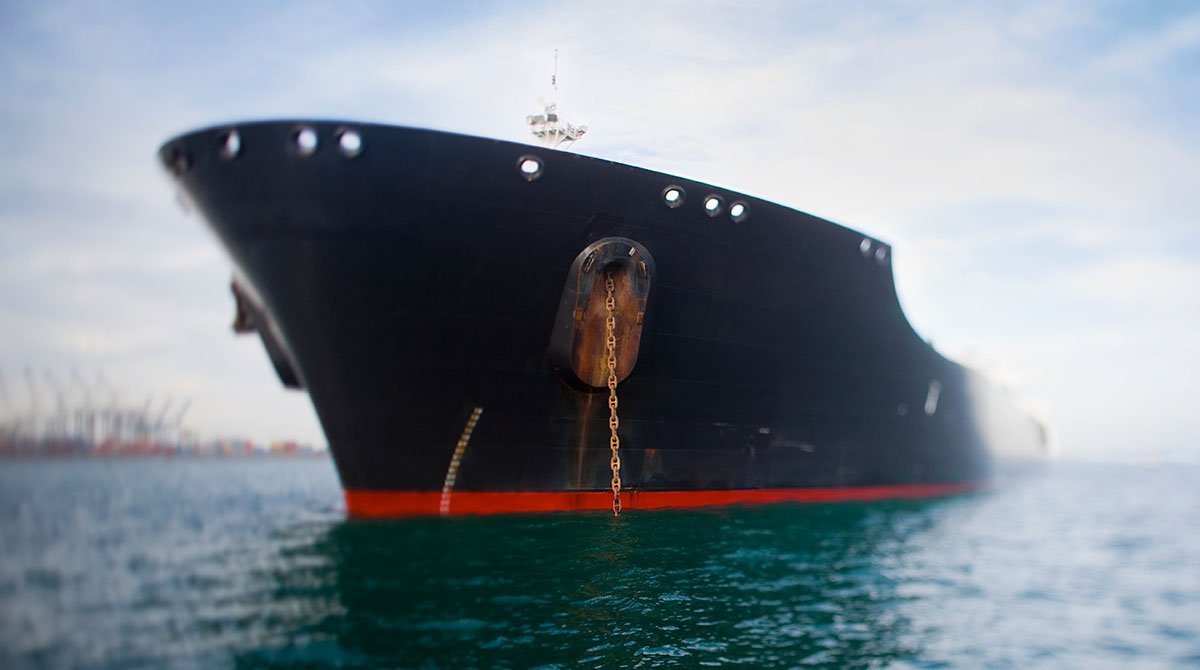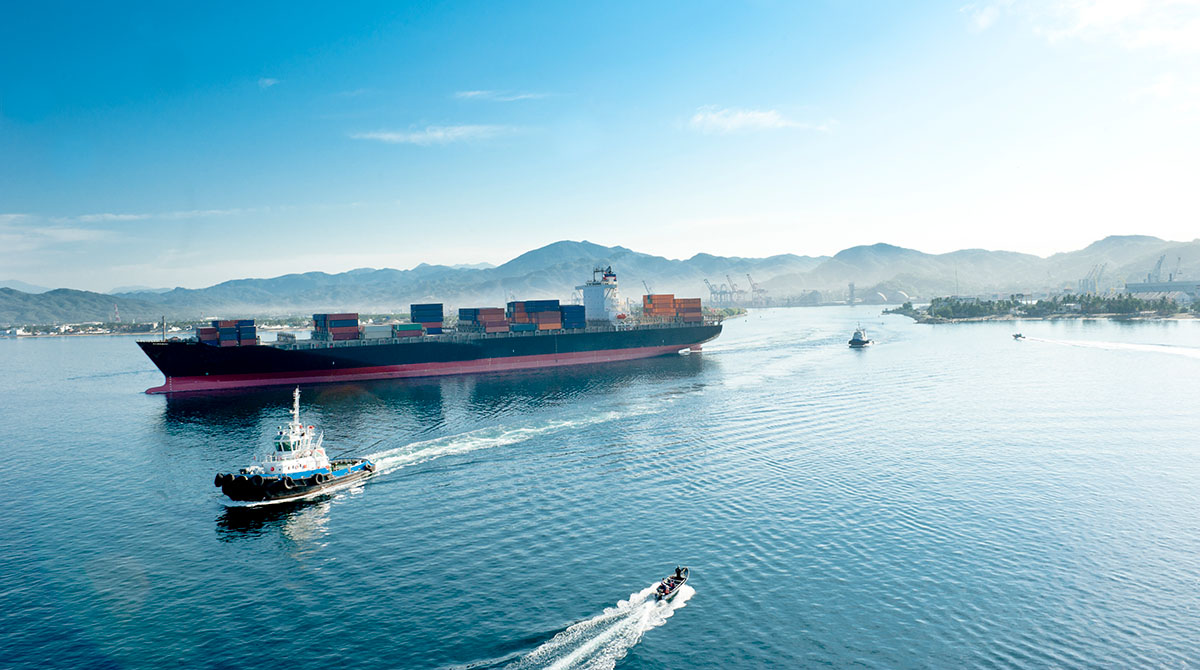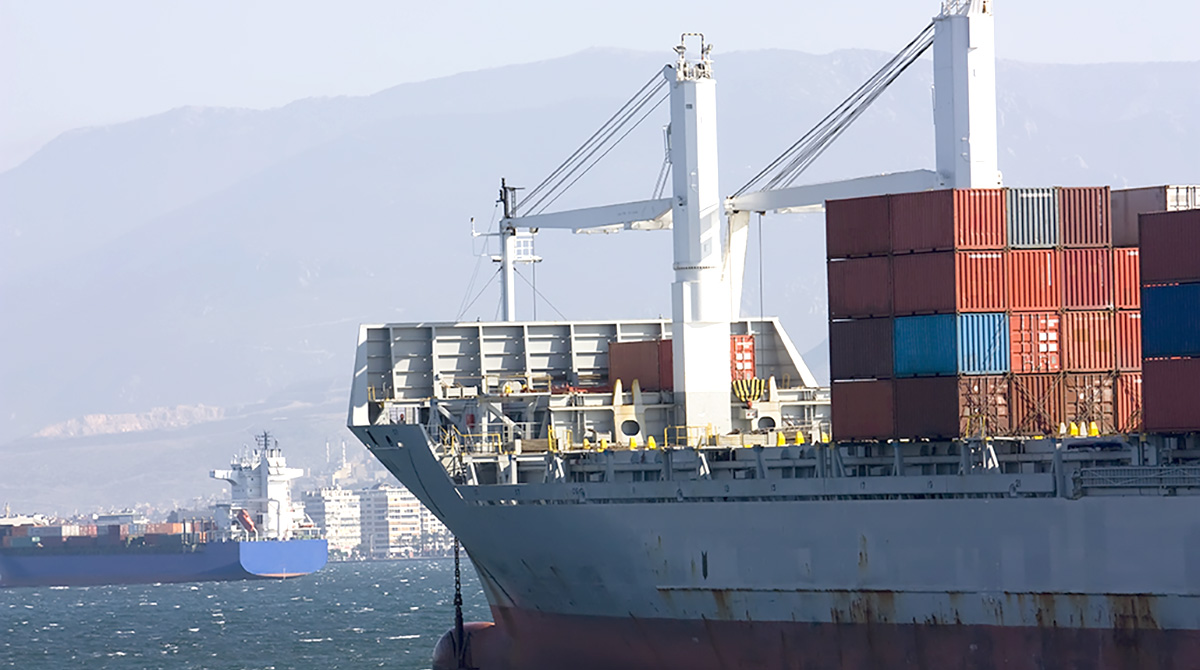The International Maritime Organization (IMO) has postponed adoption of the Net-Zero Framework (NZF) until October 2026. The framework aims to cut greenhouse gas (GHG) emissions from ships through global fuel-intensity limits and a pricing mechanism.

At the 2nd Extraordinary Session of the Marine Environment Protection Committee (MEPC/ES.2) in October 2025, member states failed to reach consensus. As a result, the NZF is unlikely to enter into force before March 2028.
What is the IMO Net-Zero Framework?
The NZF implements the IMO’s 2023 GHG Strategy, which targets net-zero emissions from international shipping by around 2050. It proposes:
- A global fuel standard limiting GHG fuel intensity; and
- A pricing and reward mechanism to promote low- and zero-emission fuels.
Regional measures continue to advance
While IMO discussions are delayed, regional regulations are moving ahead. The EU ETS, UK ETS, and FuelEU Maritime are already in force, imposing monitoring, reporting, and financial obligations on ships trading up Europe. These regional systems—especially within the EU—are expected to expand further, and most NNPC members already fall within their scope.
For more information, see our recent articles on these developments:
What this means for shipowners
The delay increases uncertainty in the regulatory landscape. Without a global IMO framework, regional initiatives will continue to define compliance requirements. In the meantime, shipowners should continue to develop systems aligned with both EU ETS and potential future IMO rules and ensure charter party agreements included suitable clauses allocating emissions-related costs and responsibilities.
NNPC will monitor developments and advise Members on their practical implications. For further information or support, please contact our Claims team at claims@nnpc-marine.com.



